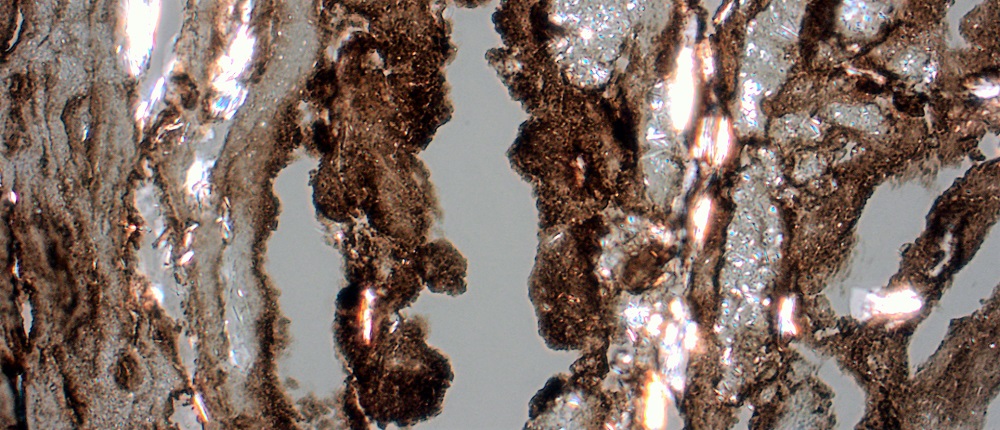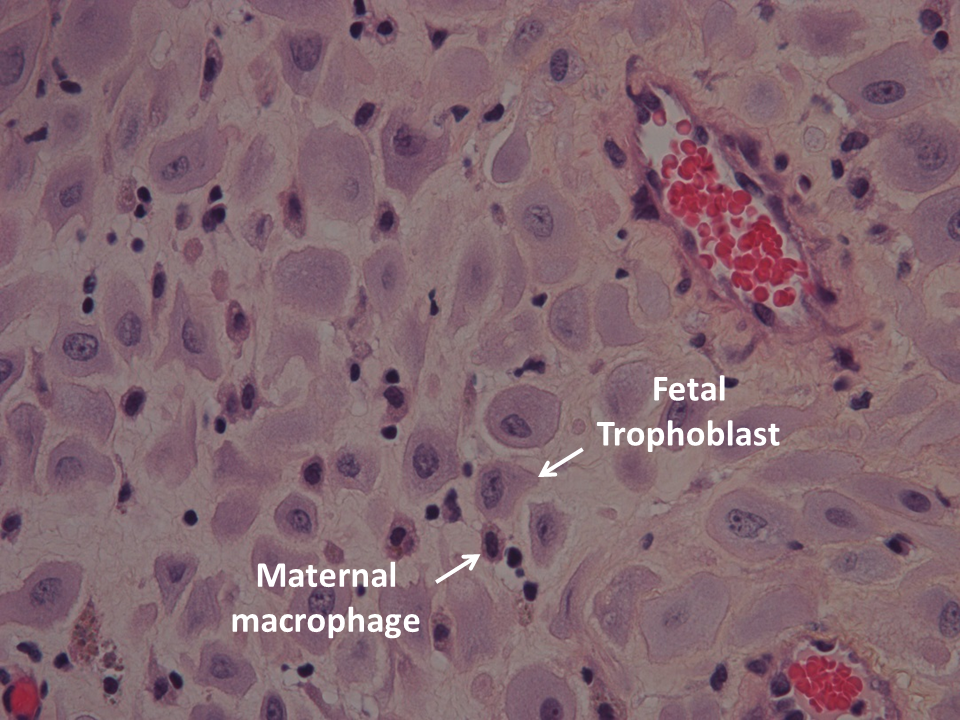Molecular mechanisms of inflammation in cardiovascular disease - CEMIR
Research theme 3
Molecular Mechanisms of Inflammation in Cardiovascular Disease

Inflammation plays a key role in cardiovascular disease and processes like cholesterol crystal (CC) mediated inflammasome activation are central to the pathogenesis.
In this theme 3, we aim to reveal the molecular mechanisms underlying CC induced inflammation and explore ways to inhibit the impact on human disease. To achieve this goal, we will carry out mechanistic molecular studies, systemic analysis of inflammatory processes and patient oriented studies using clinical and biobank material.
Our Ambitions
- Identify PRR mechanisms and cholesterol accumulation at the maternal fetal interface, and define the maternal gestational inflammatory cytokine profile, to understand the maternal and fetal contribution to development of preeclampsia.
- Establish novel causal classification of the placental dysfunction in preeclampsia and fetal growth restriction by metabolomic and transcriptomic profiling.
- Explore the role of complement and the efficiency of complement inhibition and anti-CD14 treatment in cholesterol induced atherothrombosis.
- Characterize molecular mechanisms by which CD5L remodels the inflammatory and metabolic states of macrophages, induce lipid mediators that modulate NF-kB activity, and control ROR nuclear receptors activity.
- Study molecular mechanisms for cyclodextrin effects on CC-induced inflammation to support the use of cyclodextrin as a CC targeting drug against atherosclerosis.
- Explore the effect of low-calorie diets, weight reduction and microbiota treatment on systemic inflammation.
- Complete the study on the effect of the interleukin-6 receptor antagonist tocilizumab in ST elevation myocardial infarction study (ASSAIL-MI study).
- Analyze serum PCSK9 in patients with hypercholesterolemia following non-ST-elevation MI.
- To examine the cytokine network during therapy with interleukin-6 receptor antagonism in non-ST-elevation MI.
- Expanded collection of patient based biobanks for translational inflammation studies .
- Identify shared risk genes and risk traits for subgroups of preeclampsia and cardiovascular events and mortality in HUNT and CONOR.

